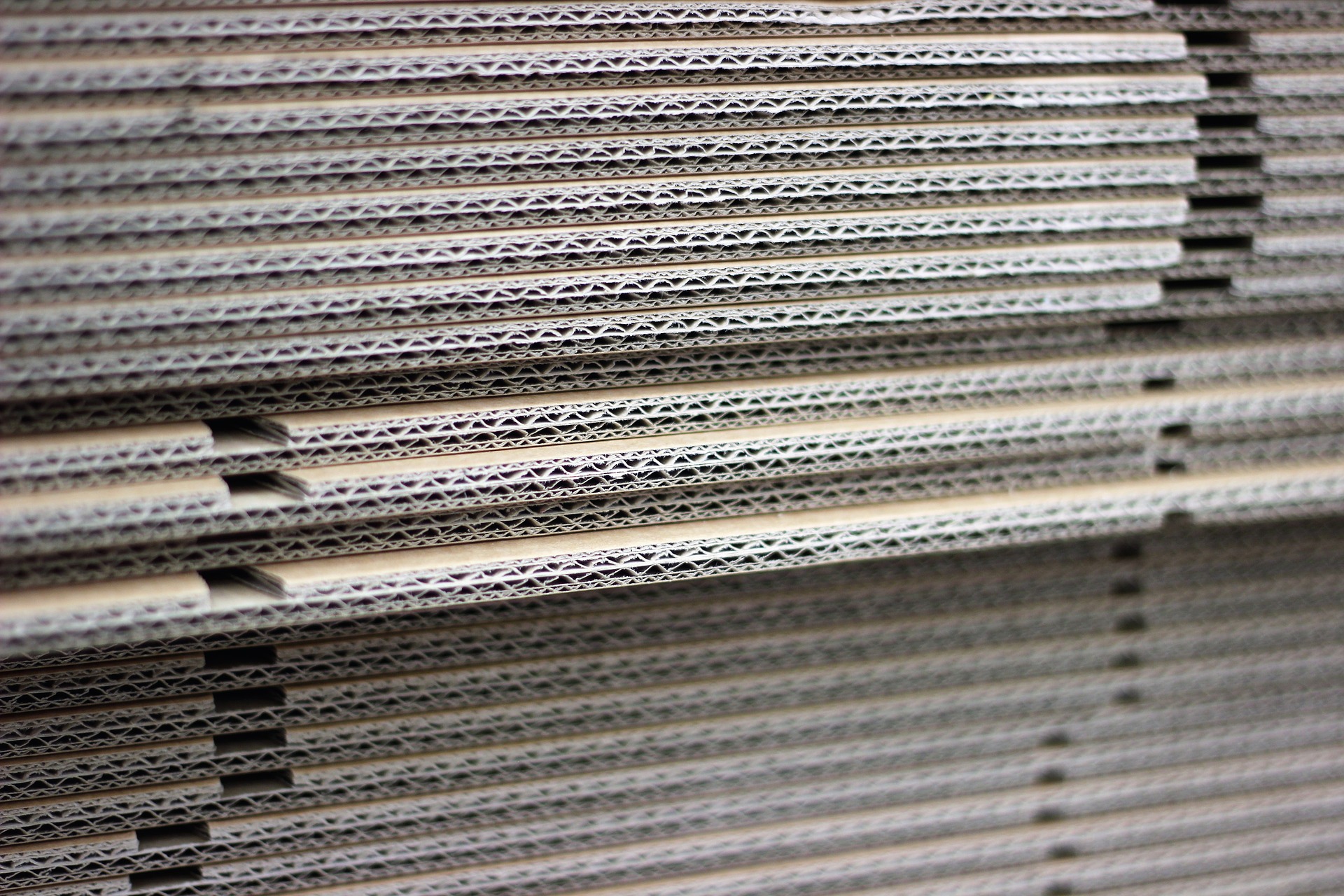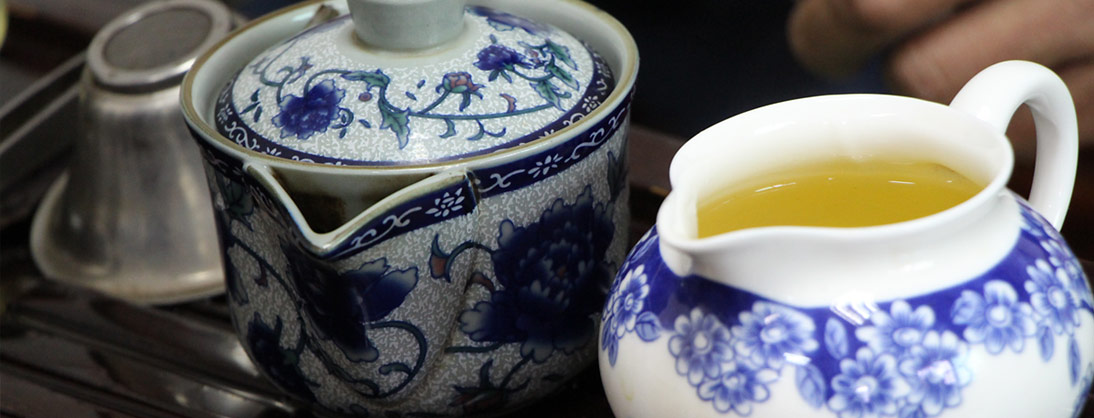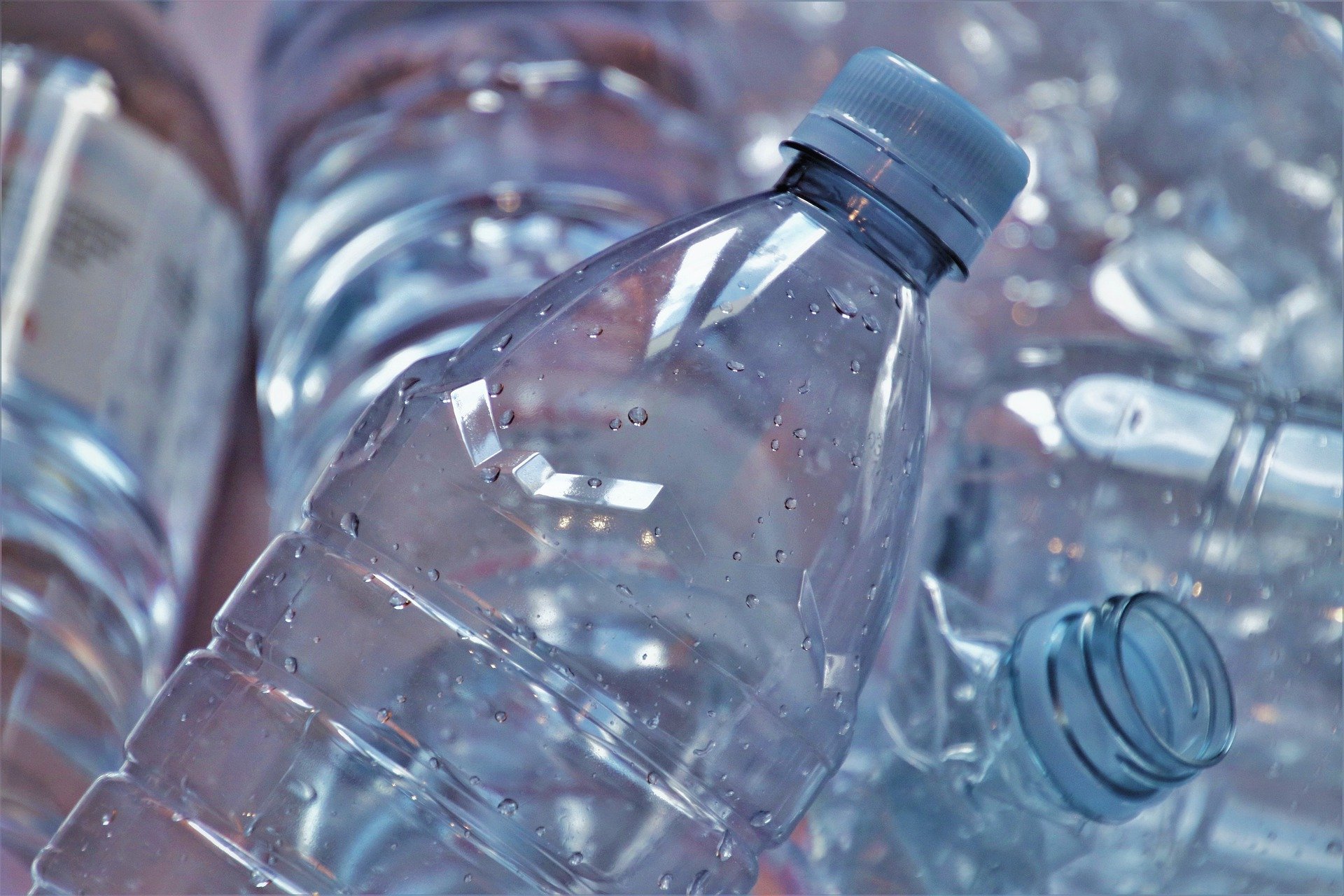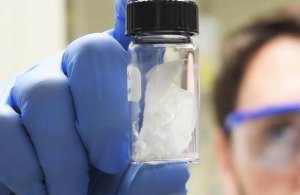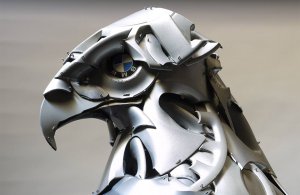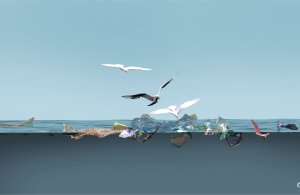According to their website, Full Cycle PHA is produced naturally by bacteria using mixed organic waste as raw material.
Latest News
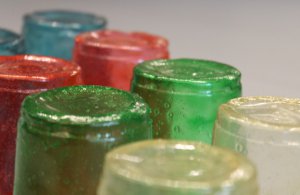
Researchers at Harvard’s Wyss Institute for Biologically Inspired Engineering came up with a bioplastic isolated from shrimp shells. It’s made from chitosan, a form of chitin - the second-most abundant organic material on Earth.
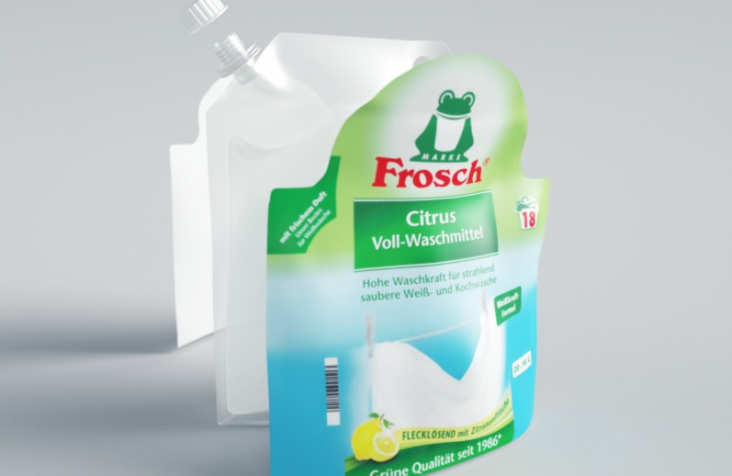
After almost four years of development, Mondi and Werner & Mertz will introduce a new, patented innovation in 2019: a 100-percent recyclable pouch with detachable decorative panels.
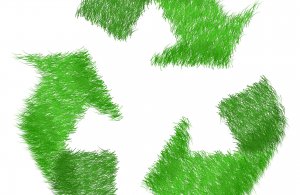
Making all plastic packages recyclable by 2030 is among the goals of a new strategy the European Parliament is examining. The new measures will help European countries reduce the amount of plastic waste they still produce and limit its devastating impact on our environment, climate, health and economy.
Making all plastic packages recyclable by 2030 is among the goals of a new strategy the European Parliament is examining. The new measures will help European countries reduce the amount of plastic waste they still produce and limit its devastating impact on our environment, climate, health and economy.
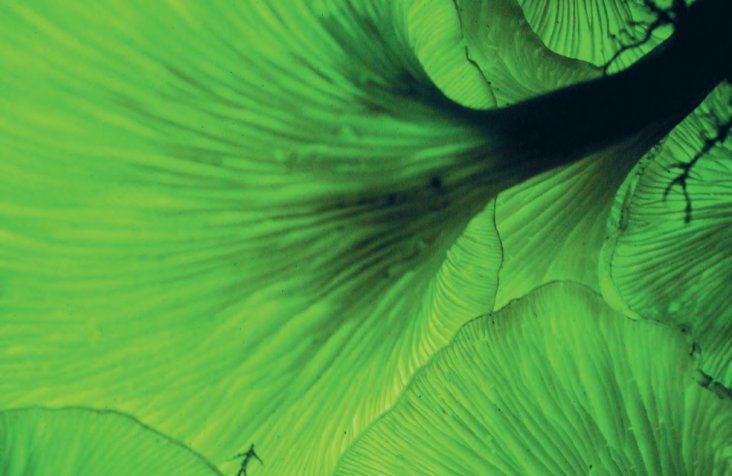
In the United Kingdom, the Royal Botanic Gardens Kew in London published their State of the World’s Fungi 2018 report that references studies showing that fungi can speed up the breakdown of plastic waste and are optimal feedstock for biofuels, building materials, and other uses.
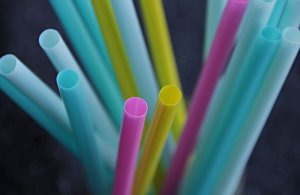
According to European Bioplastics, a plastic material is defined as a bioplastic if it is either biobased, biodegradable, or features both properties.
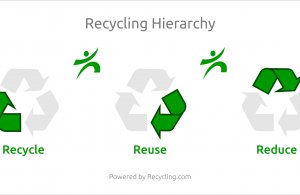
The original recycling symbol was designed by Gary Anderson in a logo design contest held by Bill Loyd, the graphic designer at Container Corporation of America in 1970.
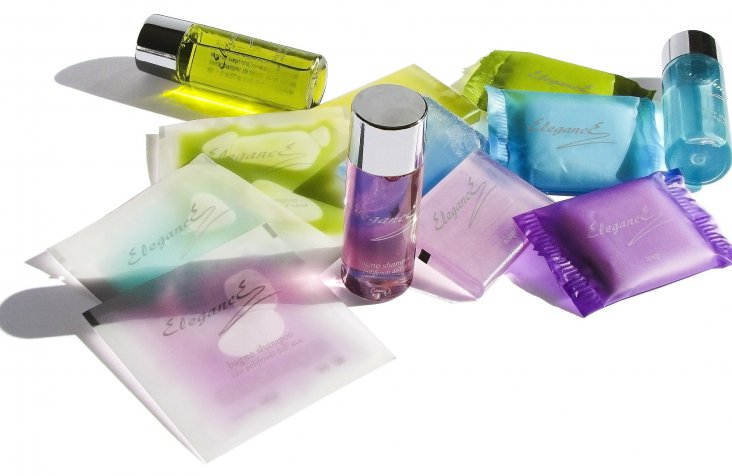
Tiny plastic particles are often used in your cosmetics and personal care products as a scrubbing agent, emulsifying agent or just as cheap fillers! Washing your face or brushing your teeth with the cosmetics containing microplastics can harm the ocean, yourself and your children. Beat the Microbead!
Tiny plastic particles are often used in your cosmetics and personal care products as a scrubbing agent, emulsifying agent or just as cheap fillers! Washing your face or brushing your teeth with the cosmetics containing microplastics can harm the ocean, yourself and your children. Beat the Microbead!
